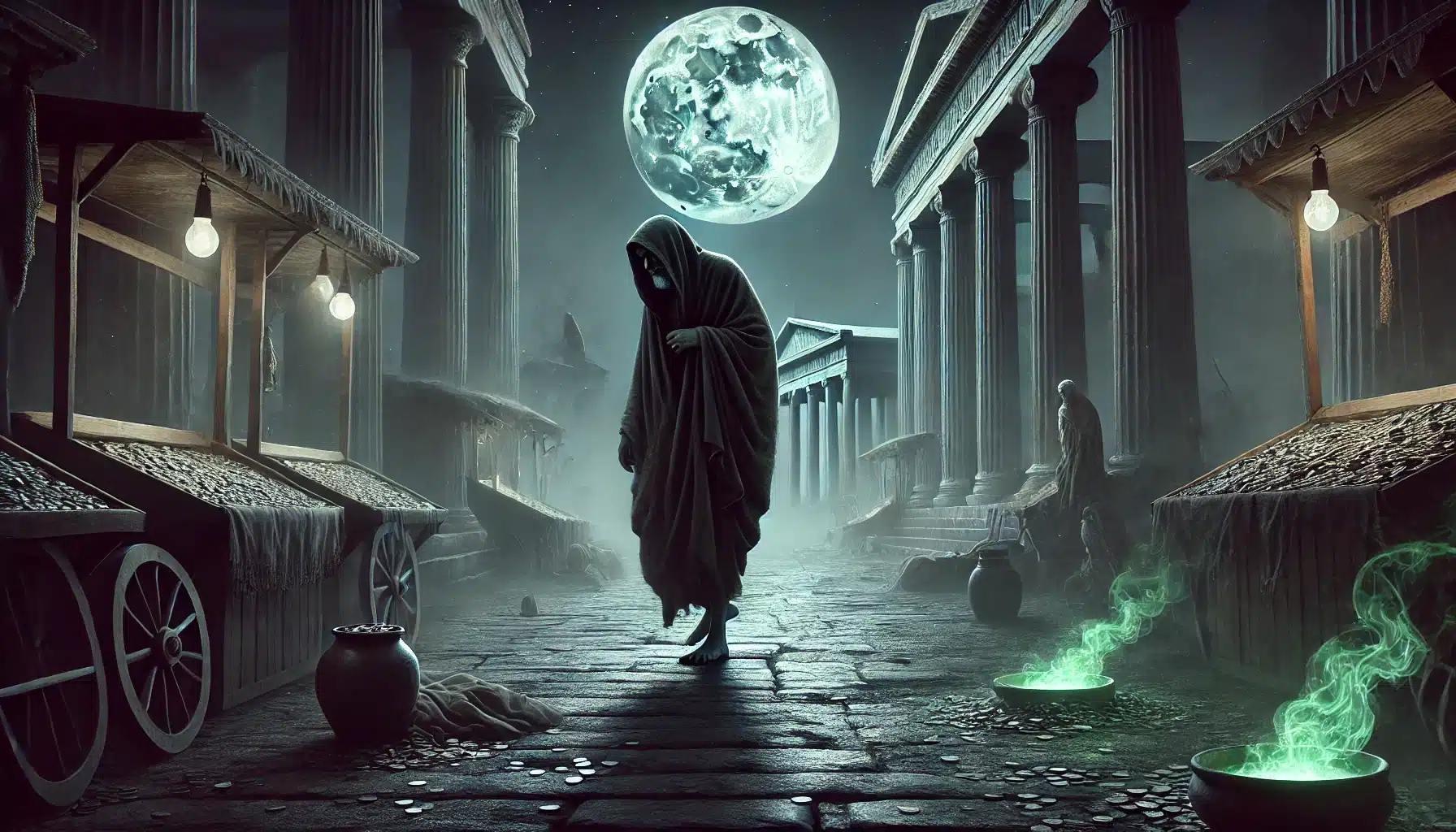You wouldn’t think it: that a philosopher would be linked to the supernatural.
+
In our time, there is tension (to say the least) between “rationalism” and the mystical, with philosophy often manifesting itself in the way of materialistic theology that excludes or minimizes accounts of the supernatural.
+
If that seems counterintuitive—that anyone involved in religion would ignore accounts of the miraculous—it not only has happened (especially since the “Enlightenment”) but is a plague in modern-day practices of Christianity. Seminaries, not to mention secular educators, have waged a crusade against it.
+
So it is curious to learn that Socrates, the epitome of philosophers, was himself a mystic: He not only believed in a reality beyond our own, and the transfer of consciousness to a spiritual realm upon death—describing what one can certainly interpret as God—but also fell into mystical states.
+
Ancient accounts describe Socrates entering prolonged trances, sometimes for hours, where he would become completely still in deep contemplation. One story has him standing for an entire day and night while lost in thought and praying at dawn.
+
This is not something you will catch many college philosophy professors emulating (or teaching). Plato’s dialogues, which present Socrates’s ideas, describe him as having a spiritual connection to a higher, more beautiful place and a belief in the immortality (if, alas, also pre-existence) of the soul.
+
 +
+However problematic some of Socrates’s beliefs, including in “gods,” his emphasis on the care of the soul over the material desires aligns with mystical practices that focus on inner growth.
+
After Socrates was executed by drinking poisonous hemlock, Athenians were said to have been haunted by regret. According to one tale, money changers set up stalls near the old Agora (marketplace), close to where Socrates used to debate and question passersby.
+
One night, it is said, a shadowy figure—barefoot, with a cloak draped loosely around him—was seen walking among the stalls. The coins on the tables began to rattle and scatter, and the air filled with a sharp scent, like crushed hemlock.
+
Merchants claimed the figure whispered:
+
“You trade gold and silver, but not truth. Which of these will you take to Hades?” It reminds us of Christ at the temple.
+
By morning, some money changers supposedly had fled their booths, saying the spirit of Socrates had cursed their dishonest dealings.
+
Many ancient Athenians mocked the story—until, as legend has it, one who made fun of it most loudly was found the next dawn with his scales overturned and his coins melted into a solid lump.
+

+
From that time, it was said, Socrates’s ghost haunted the marketplace, driving away greed and corruption. (Later storytellers, especially during the Byzantine and Ottoman eras, revived the tale as a moral allegory—that even in death, Socrates continued questioning Athens’s conscience.)
+
Call him “the Night Wanderer of the Agora”: today tour guides and local storytellers repeat the myth near the Ancient Agora or Stoa of Attalos, calling it the “φάντασμα του Σωκράτη”—the ghost of Socrates.
+
For they say that when the moon is full and the marble of the Stoa glows pale silver, the figure in a rough cloak walks slowly, barefoot, his face hidden in shadow. If you listen carefully, you can hear the faint clinking of coins—not falling, but trembling, as if afraid. The spirit stops beside the empty tables and whispers to the night: “You measure profit by weight, but who will weigh your soul?”
+
It’s a question that could be asked many in our current time.
+
[resources: Lying Wonders, Strangest Things]
+

